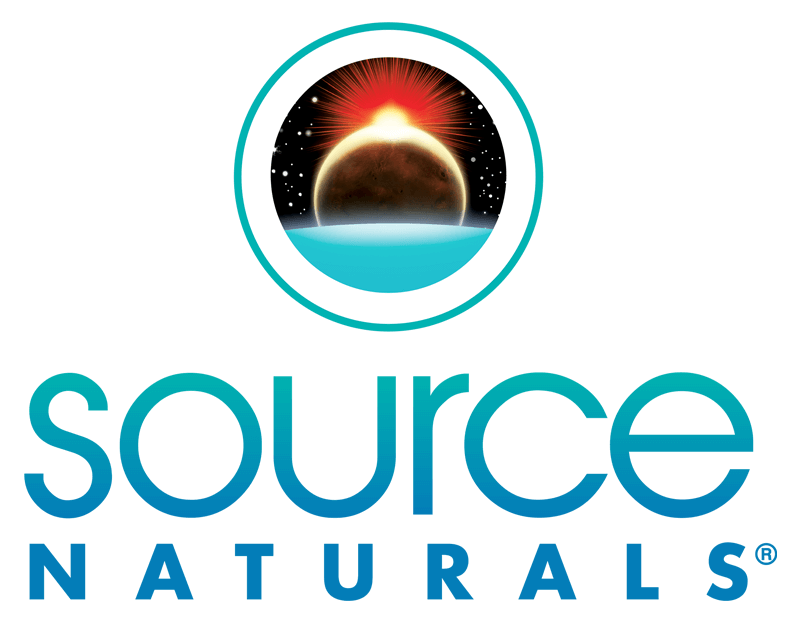Least Bio-Available Vitamin
The least bio-available vitamin, often considered one of the most challenging to obtain in sufficient quantities, is Vitamin D. This fat-soluble vitamin is unique in that the human body can produce it in response to sunlight exposure. Despite this endogenous production, vitamin D deficiency remains a global concern due to various factors impacting its bio-availability, geographical location, and lifestyle choices.
Bio-Availability of Vitamin D:
Vitamin D is primarily synthesized in the skin upon exposure to ultraviolet B (UVB) sunlight. However, the ability to produce vitamin D through sunlight varies based on factors such as skin pigmentation, geographic location, time of day, and the use of sunscreen. In regions with limited sunlight or during specific seasons, individuals may struggle to obtain sufficient vitamin D solely from sunlight exposure.
Scarcity of Vitamin D:
- Geographic Location:
- Regions with limited sunlight, especially during the winter months, are more prone to vitamin D scarcity. Northern latitudes and areas with persistent cloud cover can contribute to reduced sunlight exposure.
- Urbanization:
- Urban environments with tall buildings and limited outdoor spaces can hinder sunlight exposure, impacting vitamin D synthesis.
- Cultural Practices:
- Certain cultural practices, such as wearing concealing clothing for religious or traditional reasons, can limit skin exposure to sunlight.
- Age and Skin Pigmentation:
- Older individuals and those with darker skin pigmentation produce vitamin D less efficiently, making them more susceptible to deficiency.
Abundance of Vitamin D:
- Sun-Rich Regions:
- Countries or regions near the equator, where sunlight is abundant throughout the year, generally have a higher prevalence of optimal vitamin D levels.
- Outdoor Lifestyles:
- Societies with outdoor lifestyles and activities, particularly those involving ample sunlight exposure, may have a higher abundance of vitamin D.
- Supplementation:
- In areas where natural synthesis is limited, vitamin D supplementation may contribute to higher levels.
Role of Vitamin D:
Vitamin D plays a crucial role in several physiological functions, making it indispensable for overall health:
- Calcium Absorption:
- Vitamin D is essential for the absorption of calcium in the intestines, promoting bone health.
- Bone Health:
- It regulates calcium and phosphorus levels, contributing to the formation and maintenance of strong and healthy bones.
- Immune Function:
- Vitamin D has immunomodulatory effects, influencing the immune system’s ability to defend against infections and diseases.
- Cell Growth and Differentiation:
- It plays a role in regulating cell growth, differentiation, and apoptosis, impacting various tissues and organs.
Addressing Vitamin D Deficiency:
- Sunlight Exposure:
- Spending time outdoors, especially during peak sunlight hours, can support endogenous vitamin D production.
- Dietary Sources:
- Foods rich in vitamin D, such as fatty fish (salmon, mackerel), fortified dairy products, and egg yolks, can contribute to intake.
- Supplementation:
- In cases of deficiency or challenging environmental conditions, vitamin D supplements may be recommended under medical guidance.
- Public Health Measures:
- Public health initiatives, including awareness campaigns and policies promoting sunlight exposure and dietary sources, can address widespread deficiencies.
Challenges and Considerations:
- Risk of Overdose:
- While deficiency is a concern, excessive vitamin D intake can lead to toxicity. Balancing supplementation is essential.
- Individual Variability:
- Factors like age, skin type, and underlying health conditions influence how individuals synthesize and absorb vitamin D.
- Health Disparities:
- Socioeconomic factors can contribute to health disparities, affecting access to outdoor spaces, quality nutrition, and healthcare.
In conclusion, vitamin D, despite being produced through sunlight exposure, faces challenges in terms of bio-availability. Its scarcity is often linked to geographical location, lifestyle, and cultural practices. Understanding the role of vitamin D in health, along with proactive measures like sensible sunlight exposure, a balanced diet, and, if necessary, supplementation, can help mitigate deficiencies and promote overall well-being. Public health initiatives and personalized healthcare strategies are essential for addressing the complex dynamics of vitamin D availability worldwide.
We hope you found the information provided by Thera-Mineral valuable and insightful. At Thera-Mineral, we are dedicated to offering high-quality supplements to support your health and well-being.
If you have any further questions, need additional information, or would like to explore our range of supplements, please don’t hesitate to reach out. You can contact us at our office located at 25216 Grogan’s Park Dr. Suite A, The Woodlands, TX 77380. Our friendly team is ready to assist you by phone at 855-472-2569 or via email at support@theramineral.com.
For your convenience, most supplements are available on our website, theramineral.com. However, if you don’t find a specific product on the site, our dedicated staff can help you place an order, and we’ll ensure it’s delivered to your place of choice.
We appreciate your trust in Thera-Mineral, and we look forward to being a reliable partner on your journey to optimal health. Thank you again for being part of our community!





















